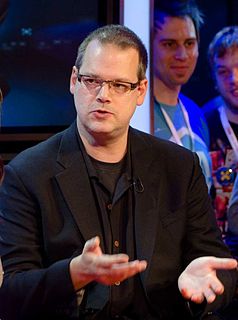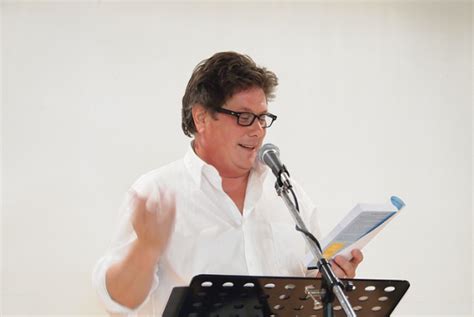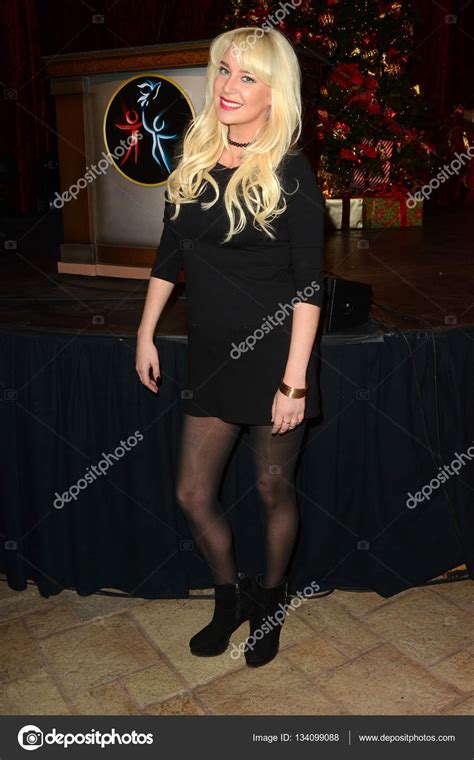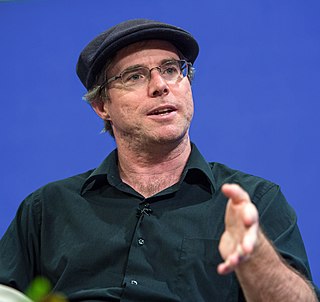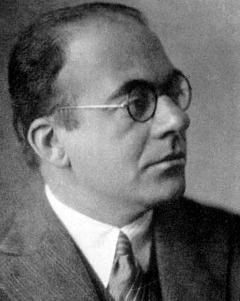A Quote by Saul Perlmutter
It is a tough choice between ending up in the cold or ending up in a fiery blast.
Related Quotes
There is a huge set of consequences that start stacking up as you approach the end-game. And
even in terms of the ending itself, it continues to break down to
some very large decisions. So it's not like a ****c game ending
where everything is linear and you make a choice between a few things
- it really does layer in many, many different choices, up to the
final moments, where it's going to be different for everyone who
plays it.
It's always easiest for me as a writer if I know I have a great ending. It can make everything else work. If you don't have a good ending, it's the hardest things in the world to come up with one. I always loved the ending of 'The Kite Runner,' and the scenes that are most faithful to the book are the last few scenes.
You can’t hate the roots of the tree without ending up hating the tree. You can’t hate your origin without ending up hating yourself. You can’t hate the land, your motherland, the place that you come from, and we can’t hate Africa without ending up hating ourselves. The Black man in the Western Hemisphere—North America, Central America, South America, and in the Caribbean—is the best example of how one can be made, skillfully, to hate himself that you can find anywhere on this earth.

